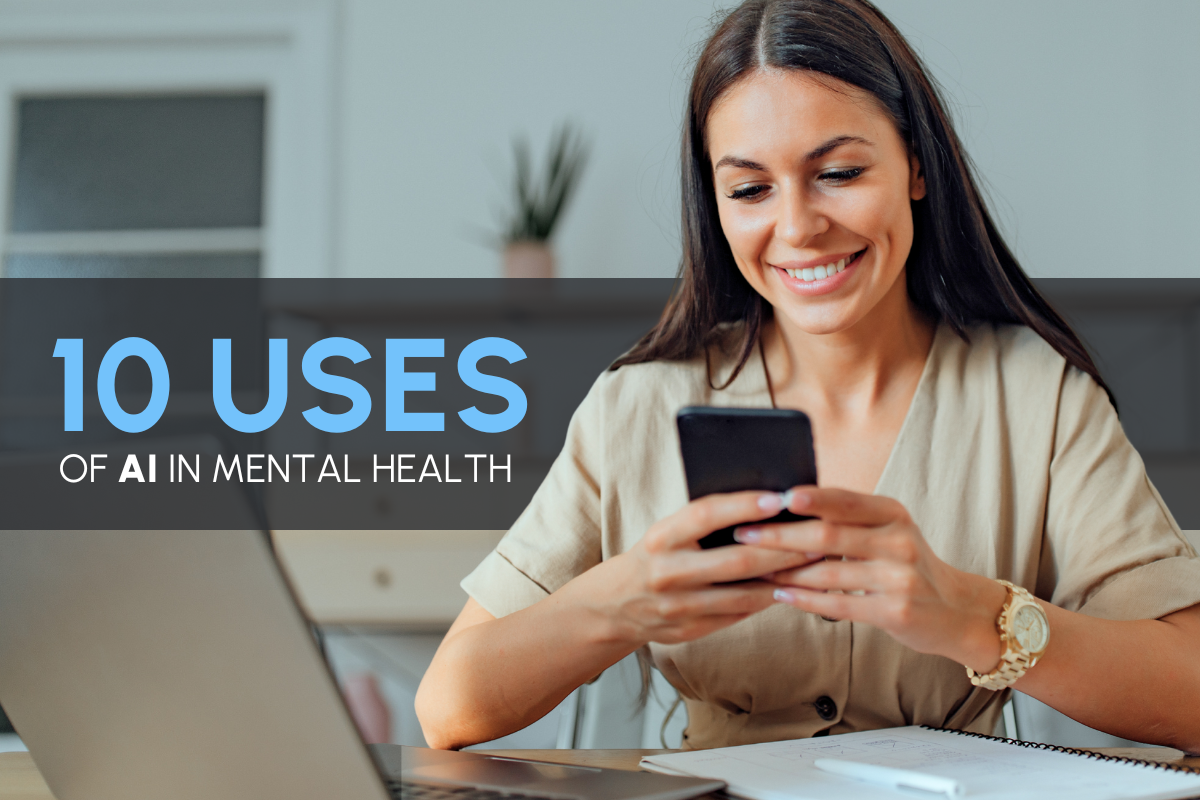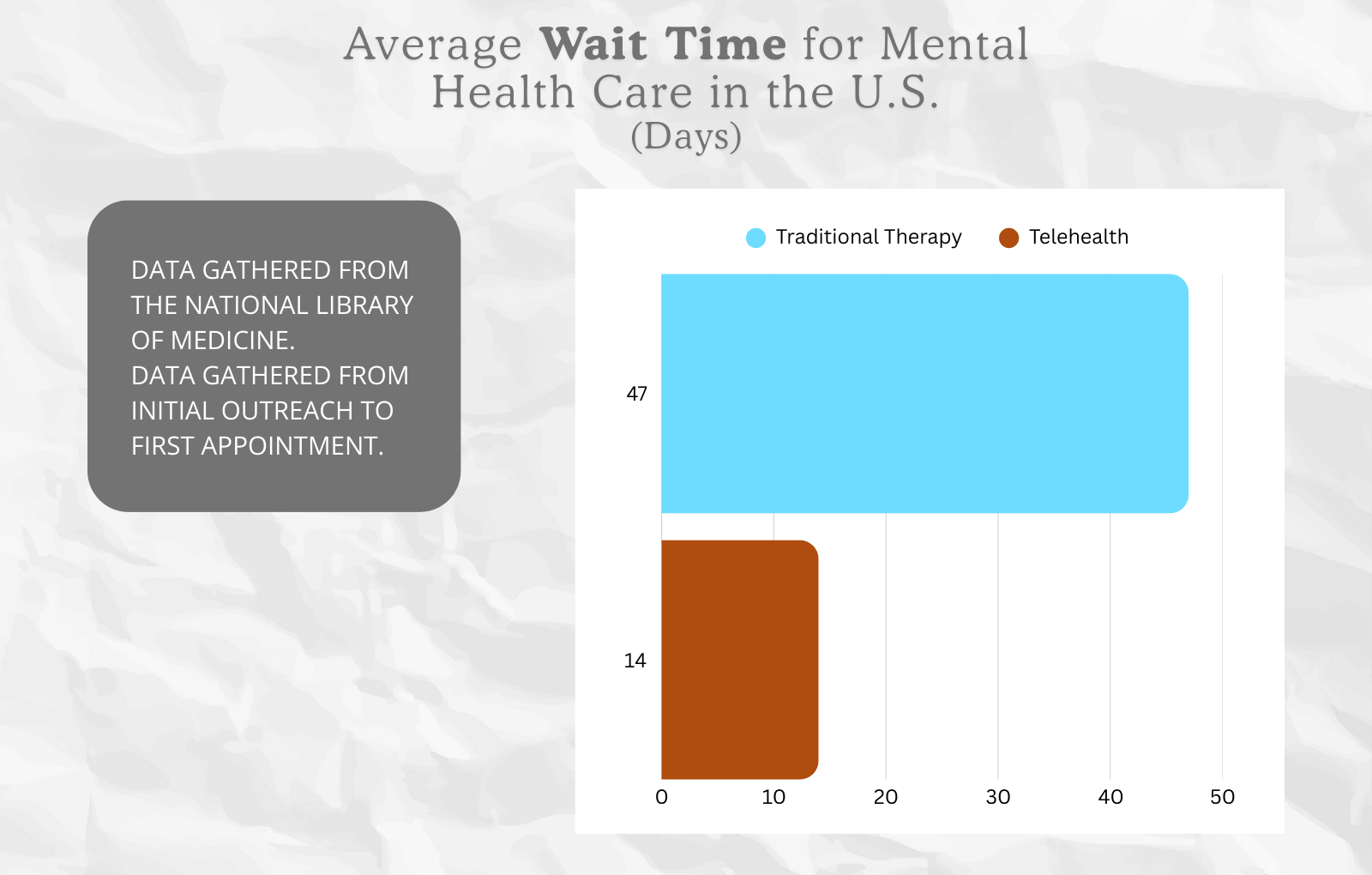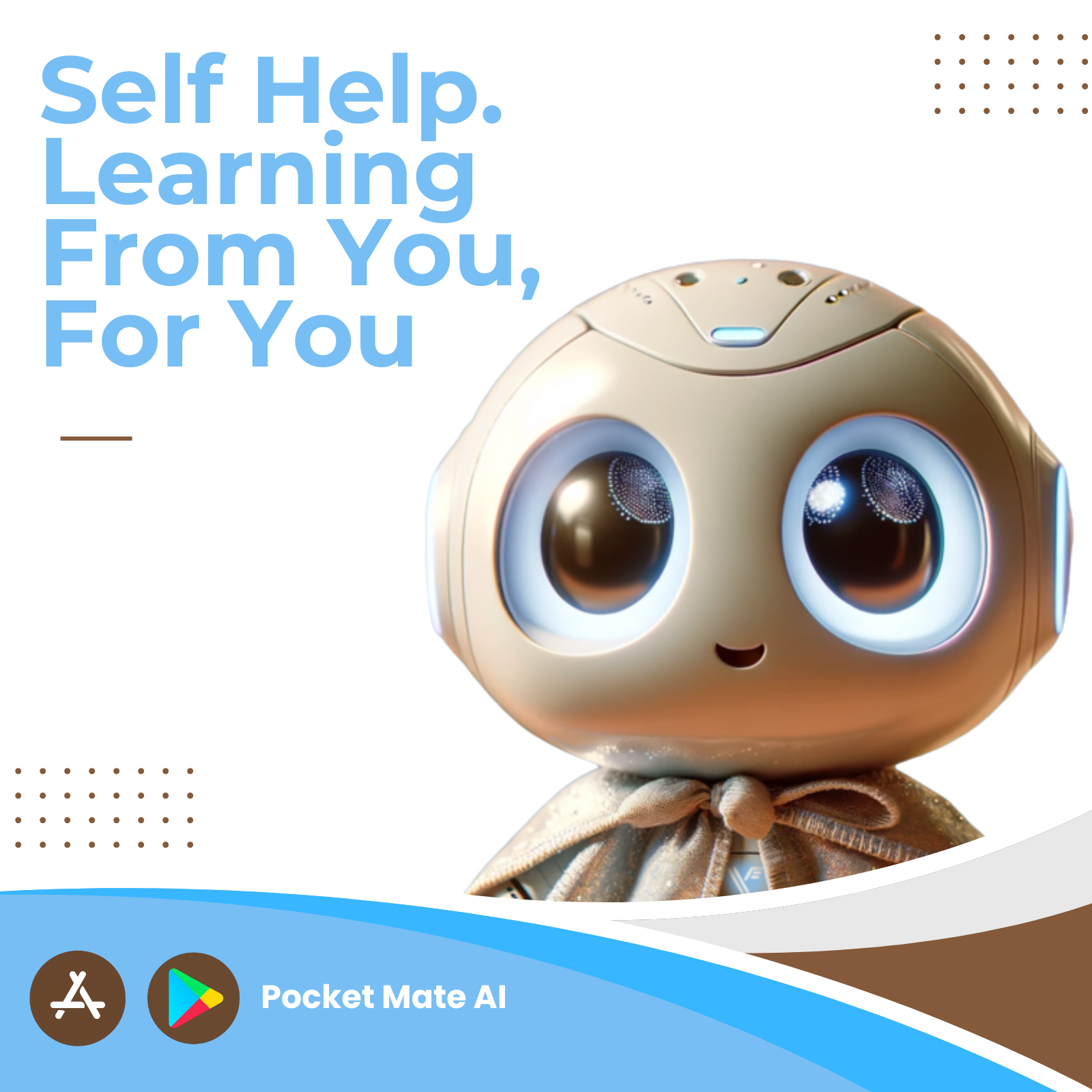
Artificial intelligence is no longer a futuristic concept; it's a practical tool that can be utilized to address multiple needs, including mental health. While the healthcare industry will always require human interaction and intervention, AI is still a powerful ally that has helped make mental health care more accessible, personalized, and proactive. By acting as a supplement, not a replacement, AI helps to extend the reach of human care and empowers individuals to take a more active role in their well-being.
To give some examples of how your mental health journey can benefit from AI, we provide you with 10 uses of artificial intelligence in mental health. These examples are not listed in order or importance or any other hierarchy.
These tools provide instant, on-demand emotional support, giving users a safe space to vent and receive helpful, conversational responses. They can offer a sense of connection and help users process their thoughts in the moment, bridging the gap between therapy sessions.
A primary challenge in mental health care is what we call the "human gap." Unlike an AI, a human therapist needs to sleep, take breaks, and can only see a limited number of clients per week. This creates a significant gap in care, especially during off-hours when many individuals experience their greatest moments of distress.

Know Your Studies: According to a study by the Journal of the American Medical Association (JAMA), the average person seeks mental health care for the first time during a period of high distress. Yet, due to appointment wait times, therapist availability, and other logistical challenges, this crucial window for intervention can be missed.
The average wait time for patients to receive their first mental health session directly after the initial outreach is up to 47 days, according to the National Library of Medicine. While telehealth can significantly decrease this wait time to an average of 10 to 14 days, this is still not ideal.
The National Library of Medicine states, “A crucial first step in reducing delays in seeking treatment after first onset of a mental disorder is to document the current state of affairs with regard to the delays that currently exist in the population and the predictors of those delays.” This is where AI-powered tools can fill the gap, by providing immediate support and engaging users with helpful content even at 3 a.m.
Based on a user's unique needs and progress, AI can deliver tailored exercises, meditations, and journaling prompts. By learning from what you respond to best, your care over time will become more specialized.
Since only the most relevant and effective care content will be provided for their specific journey, whether it's managing anxiety or building resilience, this ensures that the user is not only actively engaging with their care but also interested in continuing their care.

AI can act as a crucial first point of contact, helping to match individuals with the right human therapist based on their needs, preferences, and availability. This simplifies the often-daunting process of finding a mental health professional and reduces barriers to entry.
**Note: As stated above, utilizing telehealth over traditional therapy can reduce the average wait time between initial outreach and first appointment by over 30 days.
When used in practice, AI can analyze text, voice, and facial expressions to detect changes in a user's emotional state over time. By tracking these patterns, it can provide insights to both the user and their therapist, helping to identify triggers and monitor progress more accurately.
AI-driven journaling apps provide a private space for users to record their thoughts and emotions. These tools use AI to analyze entries and identify recurring themes, mood patterns, and thought distortions, providing data-driven insights that can be used for personal growth and shared with a therapist to inform treatment.
For many, talking to an AI chatbot is less intimidating than speaking with a person. This low-stakes environment allows users to practice articulating their feelings and discussing sensitive topics, which can build confidence and prepare them for conversations with a human therapist.
AI can analyze massive datasets to identify trends in mental health conditions, evaluate the effectiveness of different therapies, and even help researchers develop new treatment methods. This accelerates the pace of discovery and improves the overall quality of care for everyone.
AI's ability to process large amounts of data helps in several key areas:
Among the 10 uses of artificial intelligence in mental health, is creating accessible and affordable care. AI-powered apps and services can provide a scalable, low-cost alternative for individuals who may not have access to traditional therapy due to financial, geographical, or logistical constraints. It democratizes mental health support, making it available to a wider population.
By analyzing data patterns from social media activity, text messages, or even wearable device data, AI can identify early warning signs of depression or suicidal ideation. This allows for timely intervention and outreach, potentially saving lives by connecting individuals with professional help sooner.
And last but not least of the 10 uses of artificial intelligence in mental health, we have monitoring and managing chronic conditions. For individuals with long-term mental health conditions, AI can provide continuous support and monitoring. It can send medication reminders, track symptoms, and alert a care team to any significant changes, providing a safety net that goes beyond periodic appointments.
Ultimately, there are more than 10 uses of artificial intelligence in mental health; however, these remain the big ideologies.
AI is a powerful tool designed to complement, not replace, the irreplaceable human connection.
At Pocket Mate AI, we believe the future of mental health care lies in the synergy between technology and human expertise. By leveraging AI to bridge the human gap, provide instant support, and provide thought-provoking care tailored to your needs, we free up our human therapists to focus on what they do best: building meaningful relationships and providing a deep level of specialized care.
**NOTE: AI Listener is not a crisis center. If you need immediate support, please contact the National Suicide Crisis Prevention Hotline: Call 988, The National Suicide Prevention Lifeline: 800-273-8255, Crisis Text Line: 741741
Copyright © 2025 Pocket Mate AI TM